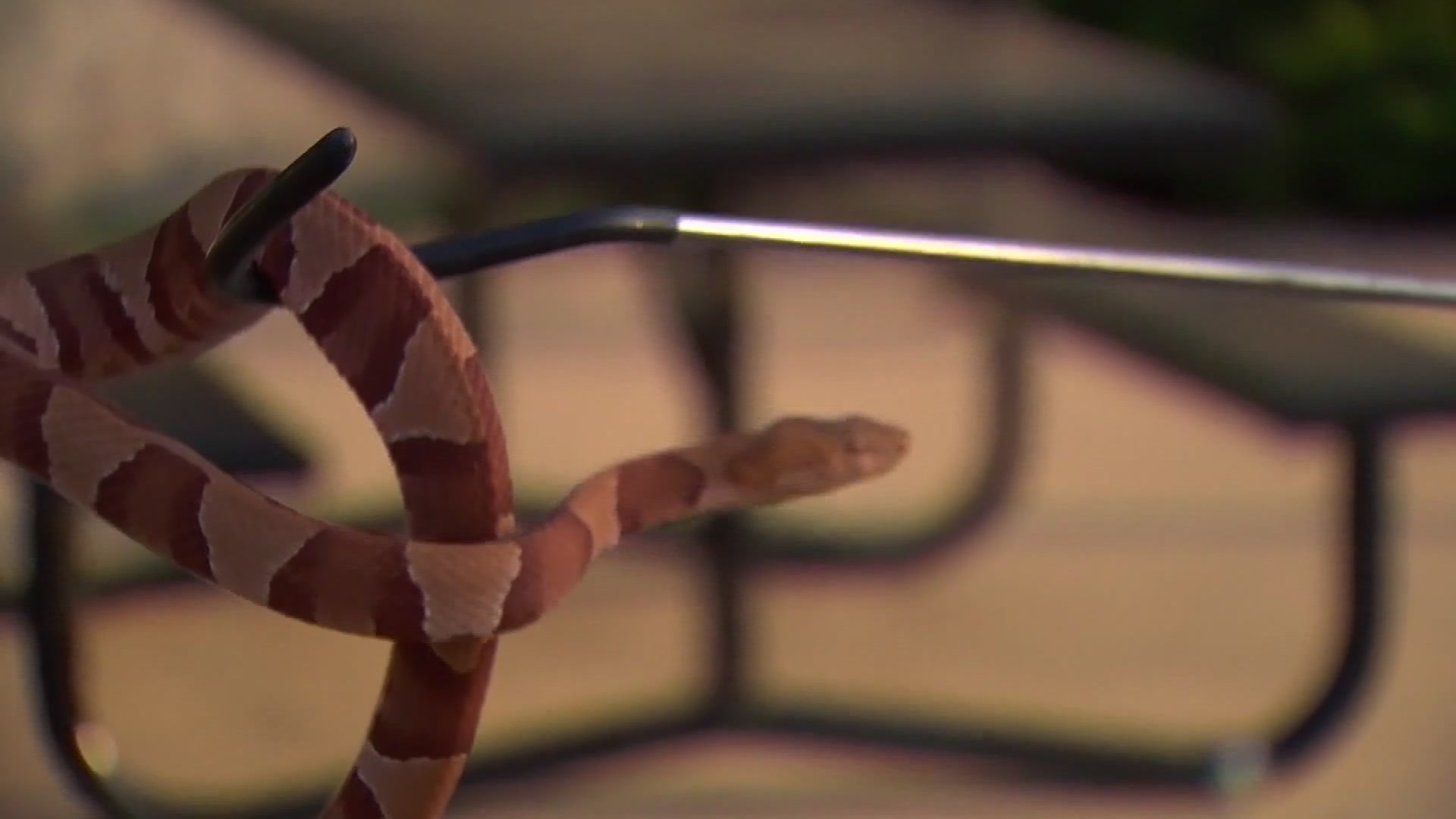Invasive and ever-problematic zebra mussels have been found at a fourth North Texas lake, the Texas Parks and Wildlife Department says Thursday.
A biologist found a single juvenile mussel near the dam in Lewisville Lake, the United States Geological Survey confirms.
The mussels, which have already been found in lakes Texoma, Lavon and Ray Roberts, are problematic because they clog water intake pipes and their razor-sharp edges make them dangerous for swimmers.
Additionally, the mussels can cover boat hulls and clog water-cooling systems -- essentially covering anything left under water.
TPWD Regional Fisheries Biologist Rafe Brock says the mussel was only about 8 mm long but that one means the lake is as good as infested. One adult zebra mussel can spawn up to one million more each year and he says there is likely larva throughout the lake.
“Lewisville is just right downstream from Lake Ray Roberts, so we knew it was just a matter of time before they infested Lake Lewisville,” said Brock.
Brock says that kind of spread can easily be prevented by boaters emptying their water wells, rinsing off, and allowing their boats to dry for a week before moving into another lake. However he says it seems some just aren’t getting the message.
Local
The latest news from around North Texas.
“It’s always concerning that people either still aren’t aware of the risk or they ignore the risk and just are not doing things we ask them to do,” Brock said.
Christopher Churchill, a biologist with the UGSS, said the infestation at Lewisville Lake is likely the result of contaminated boats entering the lake, but it could be the result of downstream transport of zebra mussels from Lake Ray Roberts via Elm Fork of the Trinity River.
The Lewisville Lake infestation appears to be relatively new as no additional specimens have been documented, TPWD said.
"With Lewisville Lake being such a popular boating destination there is a heightened risk of zebra mussels being transported to non-infested lakes by boaters. However, the spread can be slowed by making sure boats that operate in zebra mussel-infested waters are not used in any other body of water until they have been cleaned, drained and dried," TPWD said in a news release Thursday.
Brock fears the mussels will continue to spread downstream, eventually reaching the Gulf of Mexico, but says he wouldn’t be surprised to see them spread further into North Texas in the near future.
“Every major reservoir in North Texas and DFW is a threat to be infested,” Brock said. “Lake Grapevine is less than 7 miles away so I’d think it would be a big at risk right now.”
According to theTPWD, zebra mussels are originally from the Balkans, Poland and the former Soviet Union, and found their way to the Americas in the 1980s via ballast water of a ship. The small invaders were first found in 1988 in Lake St. Clair, Mich., and are currently known to have infested 29 states and more than 600 lakes or reservoirs in the United States.
NBC 5' Brian Scott contributed to this report.



